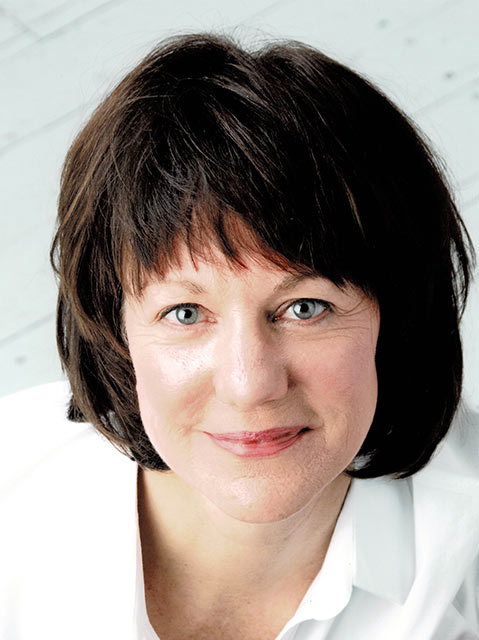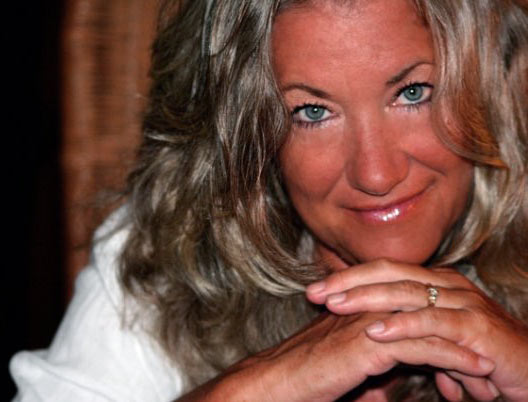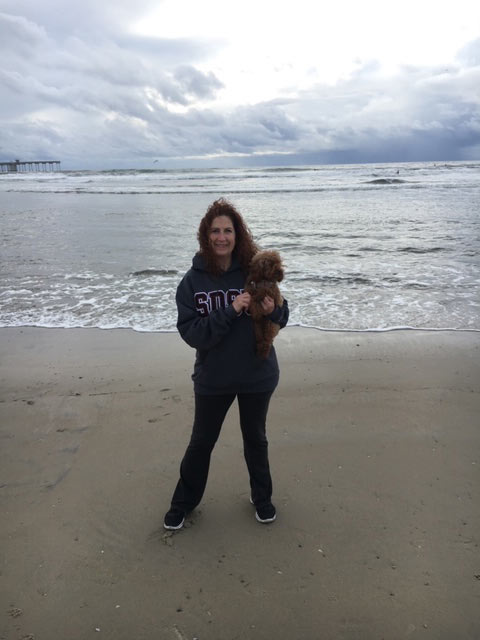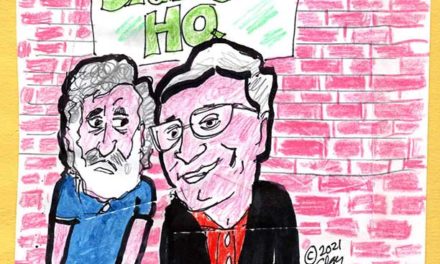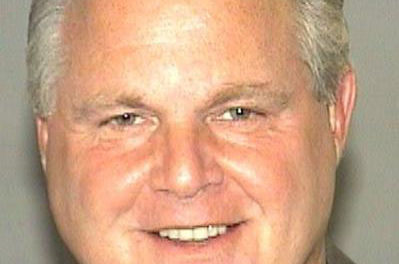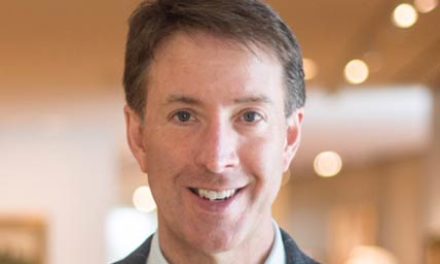Readers from Across the State, Country and Ocean Discuss De-Isolation Plans
A potpourri of observations and emotions
By Ed Goldman
As you know, some people in some parts of the planet, country, state, county, city and perhaps your own home, are on the verge of de-isolating and/or losing their collective minds.
While I prefer to think of it as going on a closely guarded parole, I asked some faithful readers of The Goldman State—all of whom happen to be dear friends of some duration and all of whom happen to be women (some male responses are coming in)—to share their views on what they’ve missed most during their house arrests and what they hope to plunge back into. Mindfully, natch.
Personally, I plan to continue to distance myself from people—especially the ones who shout on cable news. I tune it in once a day to get the horrifying box scores and keep wondering when they’ll add another column to their “Infected” and “Dead” chart. How about a column called “Recovered”?
Those numbers are pretty staggering on their own and allow a huge majority of viewers to go to bed at night with a modicum of hope, and even a little pride, for having followed the rules, as brain-bending and anxiety-producing as they often feel.
One more thing: While we’re appropriately saluting the first responders, doctors, nurses, and grocery store workers, I’d like to give a shout-out to the genuine adults who turned to home schooling and fulltime parenting, as well as the teachers who guided them—and the kids who actually listened when told to use their “inside” voices (stand up, both of you!).
Kathleen Sommsich: Photo by Althea Haropulos.
From New Hampshire, Kathleen Sommsich, a professional actress and radio host, tells me, “The difficult adjustment has been not being able to see friends. Not being able to have friends over. Not being able to meet at restaurants and bars. Not being able to visit my children and grandchildren.
“I cook meals for my daughter and her family,” she says. “I deliver the food by leaving it on the porch and waving to them through a window.”
Sommsich’s daughter Kate is a Trauma ICU nurse in Boston who’s “adamant that we socially distance. She is in the thick of it.” Her daughter-in-law is a lieutenant-colonel in the Kentucky National Guard. “She and her unit have been deployed to a field hospital to provide security. Both of these women are on the front lines.”
I ask Sommsich to share the first pent-up demand she would attend to when the world re-opens. Her reply: “I want to hug my children and granddaughters and have them over for a big meal.”
Sandra Hanks: KLP Photography.
Sandra Hanks, who lives in the Friuli Venezia Giulia Region of Italy, says the most difficult adjustment she’s had to make during the pandemic is “having to let my husband do the shopping, as leaving the house isn’t an option for me. Even armed with a detailed list, he simply can’t manage to come back with anything close to a sensible stock to replenish needed items. It doesn’t help that he always forgets to take his glasses with him, or that he couldn’t read the Italian labels even if he had them, but it’s not only about identifying the contents of packages.”
“It took more than a month,” Hanks says, “before I was able to add cucumber to salads and sandwiches, but I had enough zucchini in the fridge drawer to keep a vegetarian family of 12 in butter-soaked, parmesan-covered meat-replacement main courses for weeks. Why? Because cukes and zukes look a bit … sort of … maybe … alike in a way. Yeah … they are both green. I put butter on the list once, so now he comes home from the shop with three or four huge Italian chunks of it every time and now a have a shelf full of the stuff, but ran out of bathroom cleaner weeks ago.”
Not surprisingly, when I ask her what will be the first thing she’d like to do when things edge back to normal, she says, “Do the grocery shopping myself.”
Peggy Shannon and Maple on a La Jolla beach.
Closer to home, Peggy Shannon, dean of Professional Studies & Fine Arts at San Diego State University, says that her life changed rather swiftly. She’s continued to work throughout the shelter-in-place notice but, “One day I was at work in my office and the next day I was no longer allowed to come in. Everything suddenly moved to a virtual platform —Zoom, Skype, FaceTime, Marco Polo, What’s App—and I found myself getting more and more fatigued from all the virtual meetings. One after another.”
She had moved to San Diego this past August, after spending nine years running the School of Performance—which features courses in drama, dance and production—at the highly regarded Ryerson University in Toronto (the one they keep in Canada).
“I’m living in a lovely apartment but it’s without an office,” she says. “So every morning I get up, shower, dress for work, and sit at my kitchen counter and start the meetings.” She says she insists “on taking a one-hour walk every day for my sanity,” adding, “My kids FaceTime with me every day, which is great.”
Asked what she imagines her post-pandemic life will look like, the professor lists her personal curriculum: “In this order: Hair dresser. Nail salon. Head to Karma Massage for a deep tissue massage. Walk on the beach. Eat out with friends. Hug some people that I am not related to!”
Shannon tags on something else, and not even for extra credit: “I am grateful to have my job, my health, and my family,” she says.
Ellen Brouse
Ellen Brouse is an artist who lives on an island on a peninsula on the Washington coast. I credited her in my April 20 column for giving me the idea to write about the difference between the Ice Age and the Isolation Age. “All this didn’t change much for this old hermit,” she says, “except I’m not able to work on two projects that Laura”—her twin sister, Laura Brouse-Thomas—“and I are involved in together. We have an Etsy shop that depends on a global supply chain which has slowed to a crawl, and we’re writing and illustrating a graphic novel. I wouldn’t say it’s been difficult, more annoying really.”
The first thing she’d like to do when it’s safe, she says, “is hit this little bistro on the bay where the locals go to avoid the tourists. They make a killer Salty Dog and have great food.” Sounds like an excellent reason to de-isolate.
Ed Goldman's column appears almost every Monday, Wednesday and Friday. A former daily columnist for the Sacramento Business Journal, as well as monthly columnist for Sacramento Magazine and Comstock’s Business Magazine, he’s the author of five books, two plays and one musical (so far).



